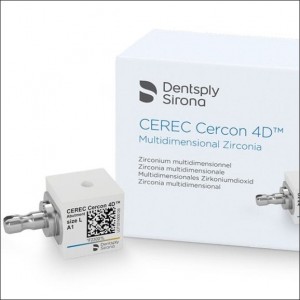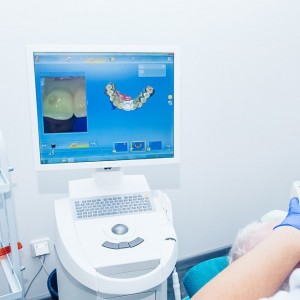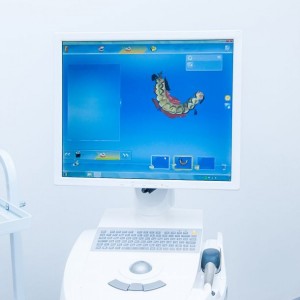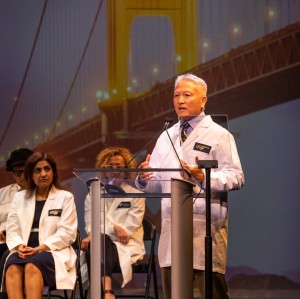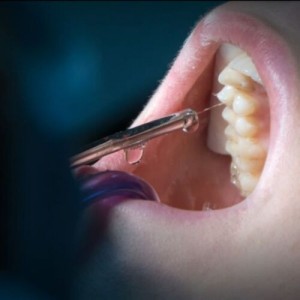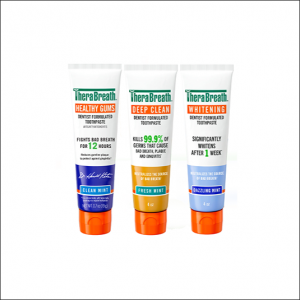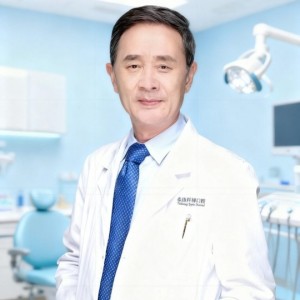
Digital Procedures Compared to Conventional Gypsum Casts: an ex vivo study
Allegra Comba
Computer-assisted design/manufacturing (CAD/CAM) systems have made single tooth indirect restoration easier, faster, and more predictable. Intraoral scanning and milling devices allow simple and fast digital impressions, thus enabling the projection, customization, and finally, milling of the restorations in the same appointment (chairside protocol), with consequent reduction of costs and patient discomfort. However, The traditional workflow is still frequently used and yet considered by many authors and clinicians the gold standard model for the manufacturing of adhesive restorations. For that reason the group of research of the University of Turin, guided by Prof. Nicola Scotti, conducted an ex vivo study was to compare the trueness of traditional and digital workflows and to analyze the interfacial fit of CAD/CAM restorations on gypsum and 3D-printed casts (3DC).
Materials and Methods
To conduct the research Dr. Baldi et al. selected forty patients that underwent indirect posterior adhesive restorations. After tooth preparation, both traditional and chairside procedures were followed. Obtained models were scanned to generate STL files of the intraoral impression (IOS), the conventional cast (RS), and the 3D-printed cast (3DCS). Superimposition of the casts was performed to evaluate trueness. Then, for each preparation, two identical CAD/CAM restorations were milled and luted on RS and 3DC. Micro-CT scan was performed to evaluate 3D interfacial fit.
Results
From the data collected by the Italian research group it could be underlined that surface trueness analysis showed no significant differences among groups (p > 0.05), with average trueness ranging from 11.56 to 17.01 µm. Micro-CT analysis showed significant differences between gypsum casts (average ranging from 135.78 to 212.31 µm) and 3DC (average ranging from 57.63 to 144.55 µm) for both marginal and internal fit.
Conclusions
Dr Baldi et al. concluded their ex vivo study affirming that in adhesive restorations manufacturing, digital and conventional procedures generate casts that are not significantly different. Marginal fit of adhesive restorations is similar to conventional crown design and clinically acceptable.
Finally, authors affirmed that it is assumable that a direct digital workflow could benefit from the usage of 3DC.
(Photocredit: Andrea Baldi)
For further information: Digital Procedures Compared to Conventional Gypsum Casts in the Manufacturing of CAD/CAM Adhesive Restorations: 3D Surface Trueness and Interfacial Adaptation Analysis
 Tag
Tag
 Related articles
Related articles
Products 01 September 2025
Dentsply Sirona Releases Innovative CAD/CAM Zirconia Block and Abutment Resin Cement
The CEREC Cercon 4D Multidimensional Zirconia Abutment Block combines high strength with aesthetics for both hybrid abutments and hybrid abutment crowns.
Restorative dentistry 01 July 2025
Advances in CAD/CAM Technology for Chairside Restorative Dentistry: A Workflow Analysis
Chairside CAD/CAM technology has revolutionized restorative dentistry, offering streamlined workflows and improved patient outcomes.
News 03 February 2025
Directa USA is excited to introduce Ceramir CAD/CAM BLOCKS, a revolutionary bioceramic material that marks a groundbreaking advancement in prosthetic materials and embodies the spirit of...
Advances in dental materials as well as in computer technology have made CAD/CAM-fabricated restorations not just possible in dentistry but plentiful.
Ceramir CAD/CAM BLOCKS are a breakthrough in the CAD/CAM materials market. Manufactured by using a special advanced patented laser sintering technology, the new Ceramir CAD/CAM BLOCKS have a unique...
 Read more
Read more
Editorials 10 October 2025
With proud smiles and crisp white coats, ninety-three learners from the DDS Class of 2029 and the International Dentist Pathway Class of 2028 marked the start of their dental careers at the UCSF...
Periodontology 10 October 2025
Continuous professional development (CPD) in Periodontology refers to the overall framework of opportunities that facilitate a life-long learning practice, driven by the learner-practitioner and...
TheraBreath, the #1 alcohol-free mouthwash brand in the U.S.*, has introduced a new line of dentist-formulated, clinically tested toothpastes designed to support professional oral care...
News 10 October 2025
New officers and trustees were installed at the Minnesota Dental Association’s Leadership Conference on September 19 in Minneapolis.
News 10 October 2025
Smartee Denti-Technology today announced that Professor Gang Shen, its Chief Scientist and Executive President of TaiKang ByBo Dental, has once again been named to the World’s Top 2% Scientists...



